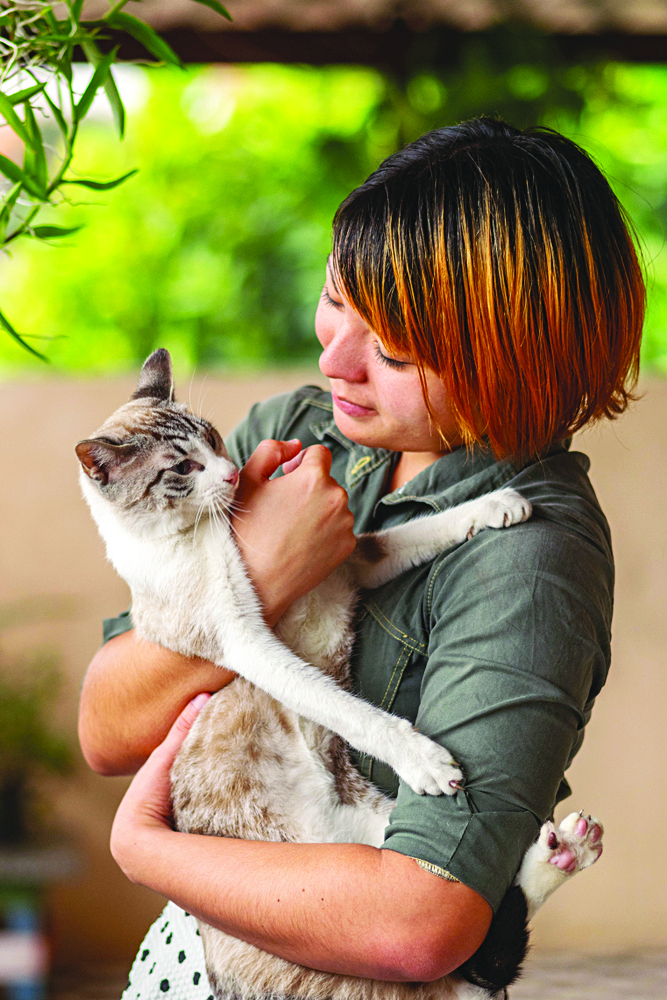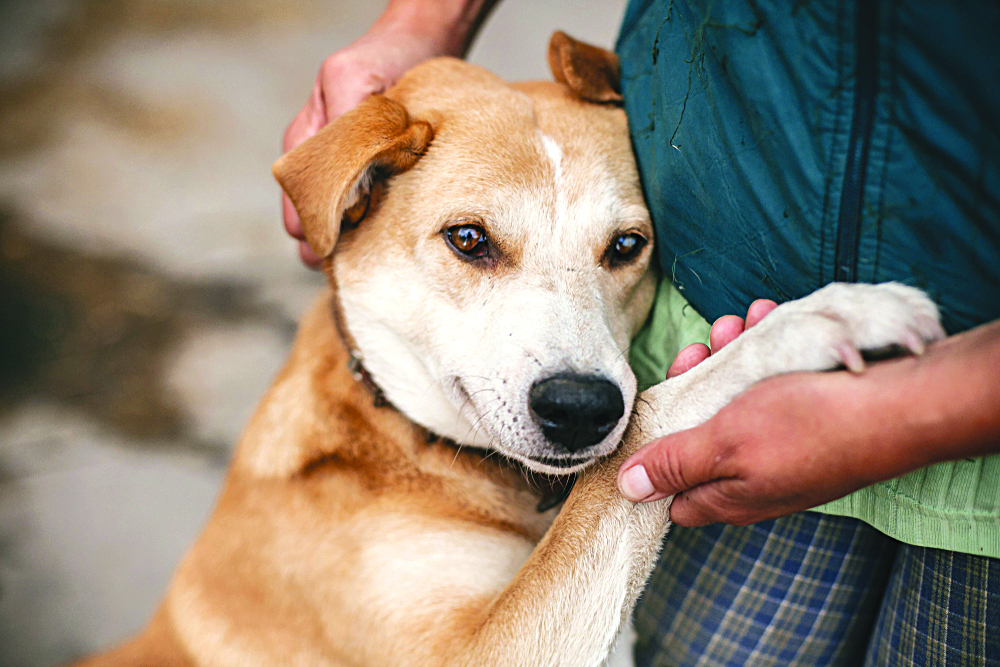Very often, animals are victims of accidents like falls, unintentional injuries, or malevolent attacks by humans with no regard for others. As a veterinarian, it falls to me to address issues concerning rescued and injured animals.
To care for animals means determining what the best course of action is. In the case of serious injury, when should one consider having an animal put to sleep?
SEEMINGLY SEVERE
I once had a client whose rescued Cat had gotten out of the house and seemed to have been viciously attacked by a stick. Although the eyes were not gouged out completely, it was dangling out, with the skin and flesh around them raw and swollen. Fluid was oozing out.
I can imagine how someone might think that such a severe injury necessitated euthanasia. But upon further inspection, the second, fourth, and seventh cranial nerve reflexes were intact. I did not even have to surgically remove the entire eyeball.
I opted instead to have the Cat admitted and apply medication for the infection. The Cat received intravenous antibiotics and anti-inflammatory meds to help relieve pain and swelling.
In a couple of weeks, the Cat not only survived but also showed exceptional recovery of the eyes and surrounding tissues.
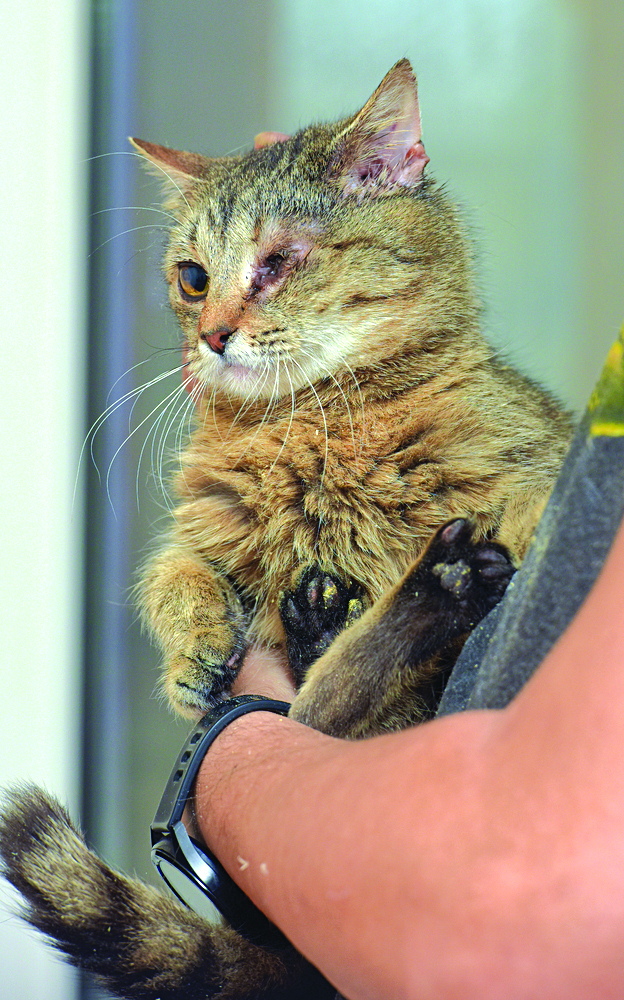
WHEN EUTHANASIA IS NOT NECESSARY
I believe that euthanasia is the last resort to alleviate the suffering
of a gravely sick animal. It is the kindest act a human can do to end the misery and suffering of any animal companion.
However, it is also my opinion that putting down healthy animals is unacceptable. I call that unethical euthanasia. Better options would be rehoming or adoption.
TAKEAWAYS FROM A VETERAN VETERINARIAN
ADOPT, DON’T SHOP
Do not shop for animals. Instead, adopt a community Cat or Dog.
For instance, the domestic canine in the Philippines, also called the Aspin, is a wonderful companion. I myself am taking care of four in my hometown.
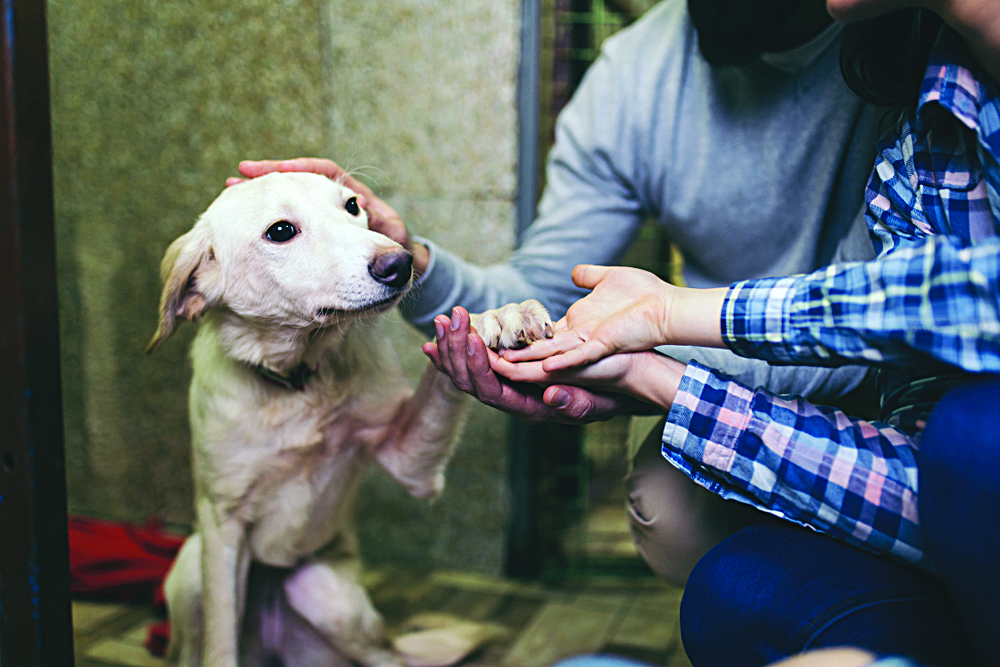
DECIDE CAREFULLY
Make sure that you can commit to your animal companion for life. Do your energy levels match? Will you be able to care for your companion given your line of work, finances, and level of activity?
Animal companions are meant to be part of the family for life, so don’t make the decision lightly.

BOOK A VET APPOINTMENT
Bring your adopted companions to the veterinarian before bringing them home. That way, you catch any illness before it becomes serious, and if you have resident animals at home, you can screen for infections that might require prior treatment and quarantine.
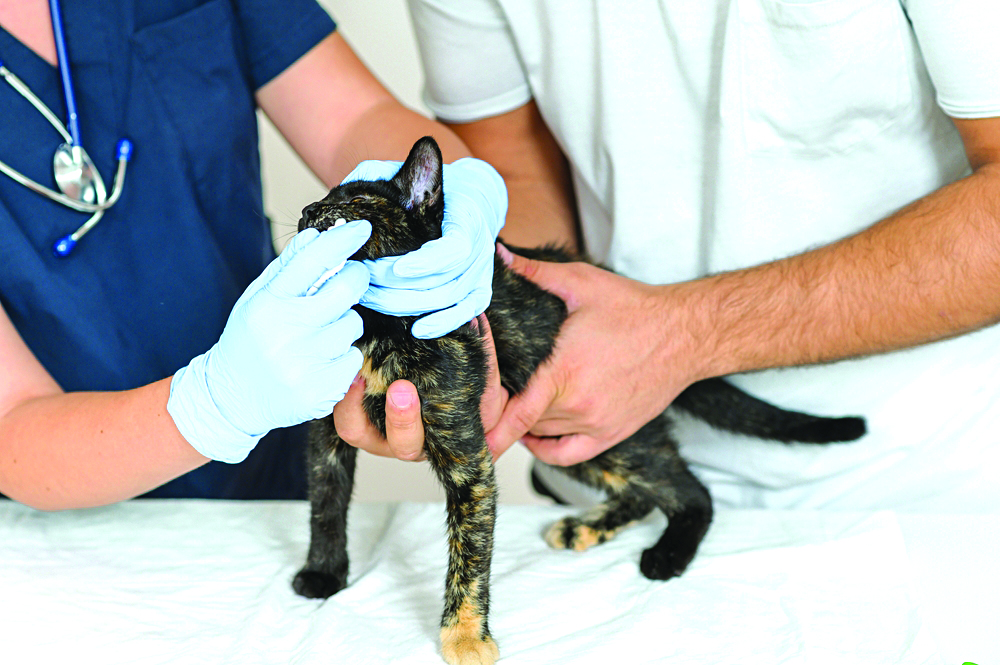
NEVER GIVE PARACETAMOL TO CATS OR DOGS
This is a throwaway tip that should be in every list of tips. Paracetamol is just too toxic for animals. In fact, one sign of acetaminophen toxicity in Cats
is death. Dogs are less sensitive to paracetamol, but to be on the safe side, it’s best to steer clear of the drug.
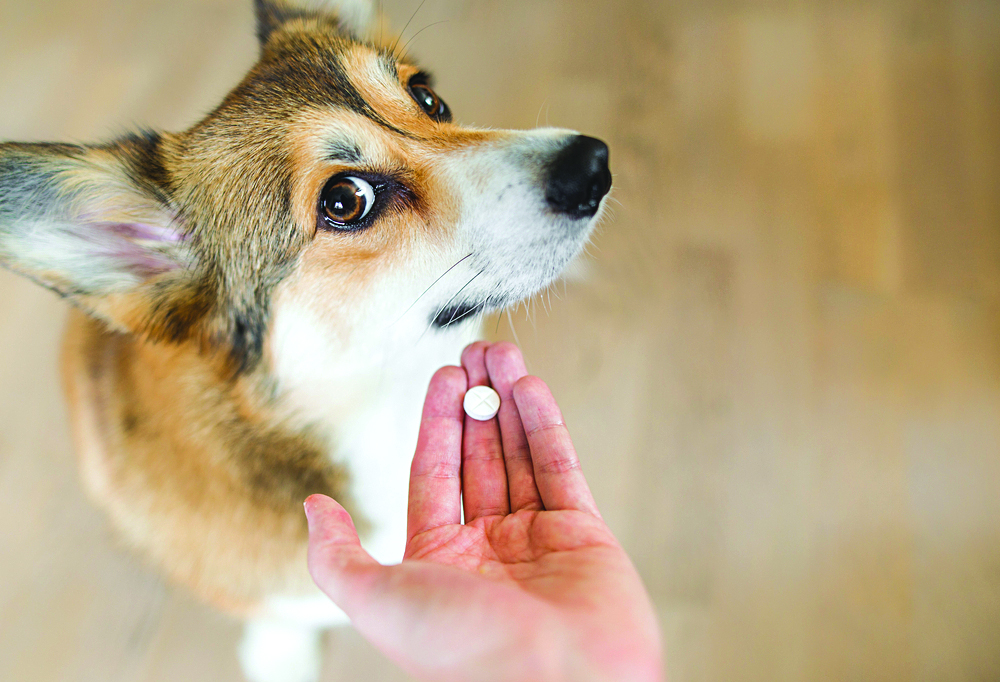
GIVE ALL YOUR LOVE TO YOUR ANIMAL COMPANION
Last but not the least, all of the animals you adopt must be loved and cared for as long as they live. It’s the least they deserve.
Dr. Emmanuel D. Macapagal is the 2000-2001 president of the Philippine Animal Hospital Association, Inc.



